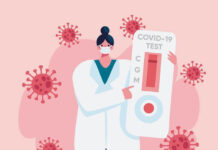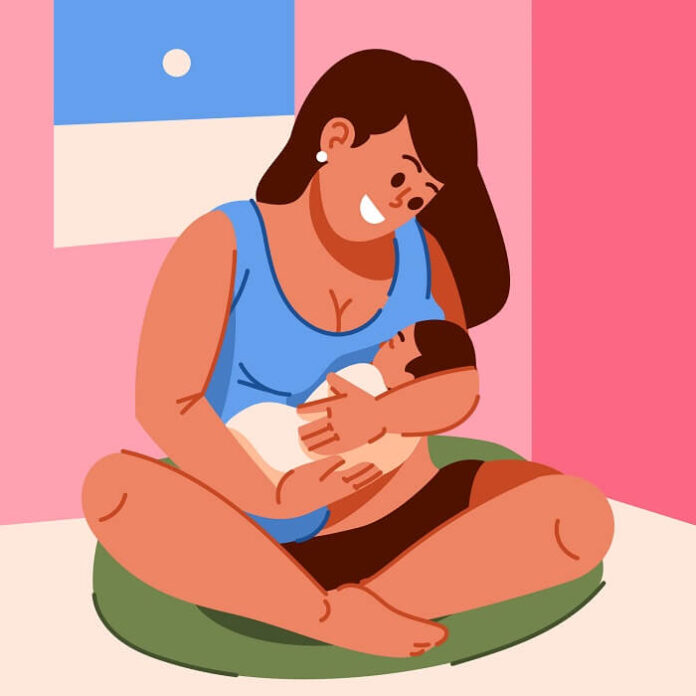A database analysis suggested that infants exclusively fed breast milk during their hospital stay after birth had a lower risk of being diagnosed with asthma in early childhood.
Among nearly 10,000 children, those who received only human or mother’s milk had a 41% reduced chance of developing asthma in early childhood (P<0.001 for both), according to Laura Ward, MD, from Cincinnati Children’s Hospital Medical Center.
For full-term infants, after adjusting for other asthma-related factors, babies exclusively breastfed during the birth hospitalization were 22% less likely to be diagnosed with childhood asthma, Ward reported at the American Academy of Pediatrics (AAP) annual meeting.
Breastfeeding is known to reduce childhood illnesses, including asthma, with longer exclusivity providing greater benefits. The AAP recommends exclusive breastfeeding for around six months, with the option to continue for two years or more. Although the postpartum hospital stay is brief, it plays a crucial role in establishing successful breastfeeding, Ward noted.
As reported by medpagetoday, the research team accessed the Maternal Infant Data Hub, a regional perinatal database, linking it with data from infants born at Cincinnati Children’s Hospital from 2017 to 2019. The study analyzed feeding type, frequency, and timing, alongside childhood asthma diagnoses from hospital records.
The study included 9,649 children, with 51% boys, 45% white, 35% Black, and 60% on public health insurance. Most (84.4%) were born full-term, 11.1% between 32-36 weeks’ gestation, and 4.5% before 32 weeks. Among these, 480 children (5%) had asthma, with a higher proportion of boys (60%), Black children (54%), and those on public insurance (71%). Preterm births were also more common in this group, with 14.6% born at 32-36 weeks and 11.7% before 32 weeks.
Overall, 81% of infants received some breast milk during their birth hospitalization, with 31% fed exclusively breast milk. Bivariate analysis showed that infants had the lowest asthma odds if they were exclusively fed human milk (OR 0.59, 95% CI 0.47-0.85, P<0.001) or mother’s milk (OR 0.59, 95% CI 0.46-0.74, P<0.001). Lower asthma odds were also found in infants whose first feeding or final feeding before discharge was breast milk.
For full-term infants, multivariate analysis, which controlled for sex, race, and insurance type, indicated reduced asthma odds for those exclusively fed mother’s milk (OR 0.78, 95% CI 0.60-1.00, P=0.049), those given only human milk at discharge (OR 0.76, 95% CI 0.60-0.97, P=0.026), and those exclusively fed mother’s milk at discharge (OR 0.77, 95% CI 0.60-0.97, P=0.027).
Ward emphasized the significance of early and exclusive breastfeeding in reducing asthma risk, though future research is needed to explore additional factors such as prenatal, postnatal, and environmental influences.
























